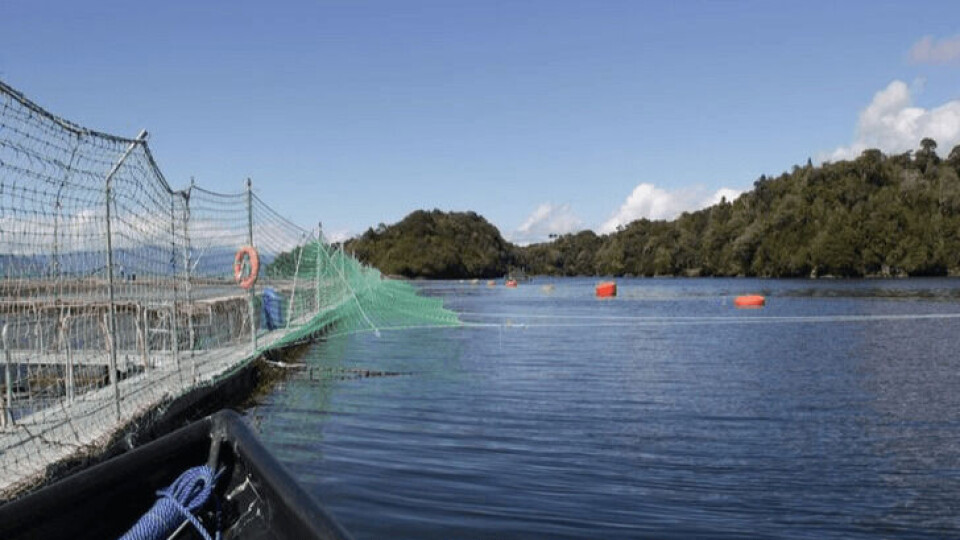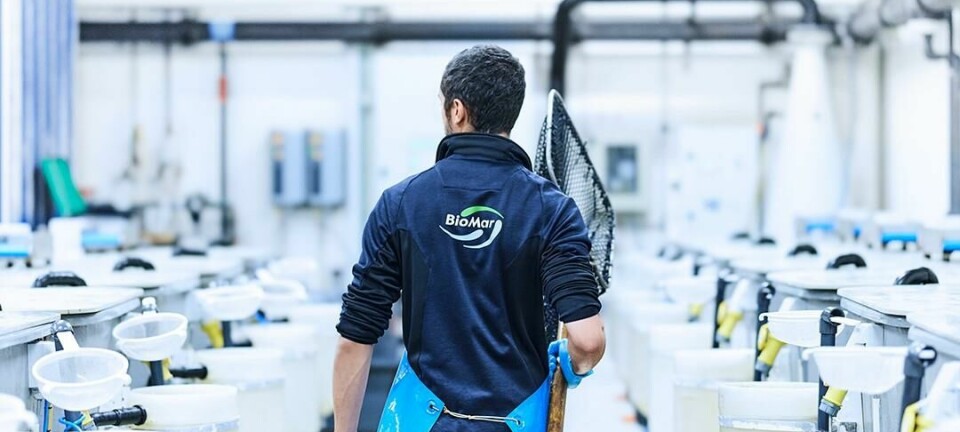
Chilean fish farmers face two-year suspension for seabed law breaches
A law compelling fish farmers to remove inorganic waste from the seabed and remediate the impact of organic waste beneath pens has been passed in Chile and will come into effect in two years’ time.
The law requires holders of aquaculture concessions to take measures to avoid or reduce the deposit of inorganic and organic waste on the seabed and comes with stiff penalties for non-compliance.
Having verified the existence of inorganic waste at the bottom of the salmon farming site, they must clean it up within a period of six months, without prejudice to the appropriate sanctions. Inorganic waste must be transported and disposed of with the means and in the places authorised by current regulations.
Seabed recovery
Furthermore, both a recovery plan and a research plan of the seabed in the farm area, accredited by a certifier, must be submitted to state aquaculture agency Sernapesca.
The recovery plan must aim to establish the use of physical, chemical or biological mechanisms to improve the conditions of the sedimentation area and allow the incorporation of organic matter to the environment to be accelerated.
The research plan will focus on the study and development of methods and technologies for the recovery of the seabed, the results of which must be delivered to Sernapesca, in order to improve the recovery plans.
If a farm operator commits an infraction with respect to all of the above, operations at the site will be suspended for two years.
In the event that the offender has not removed the inorganic waste within six months, the sanction will be doubled.






















































